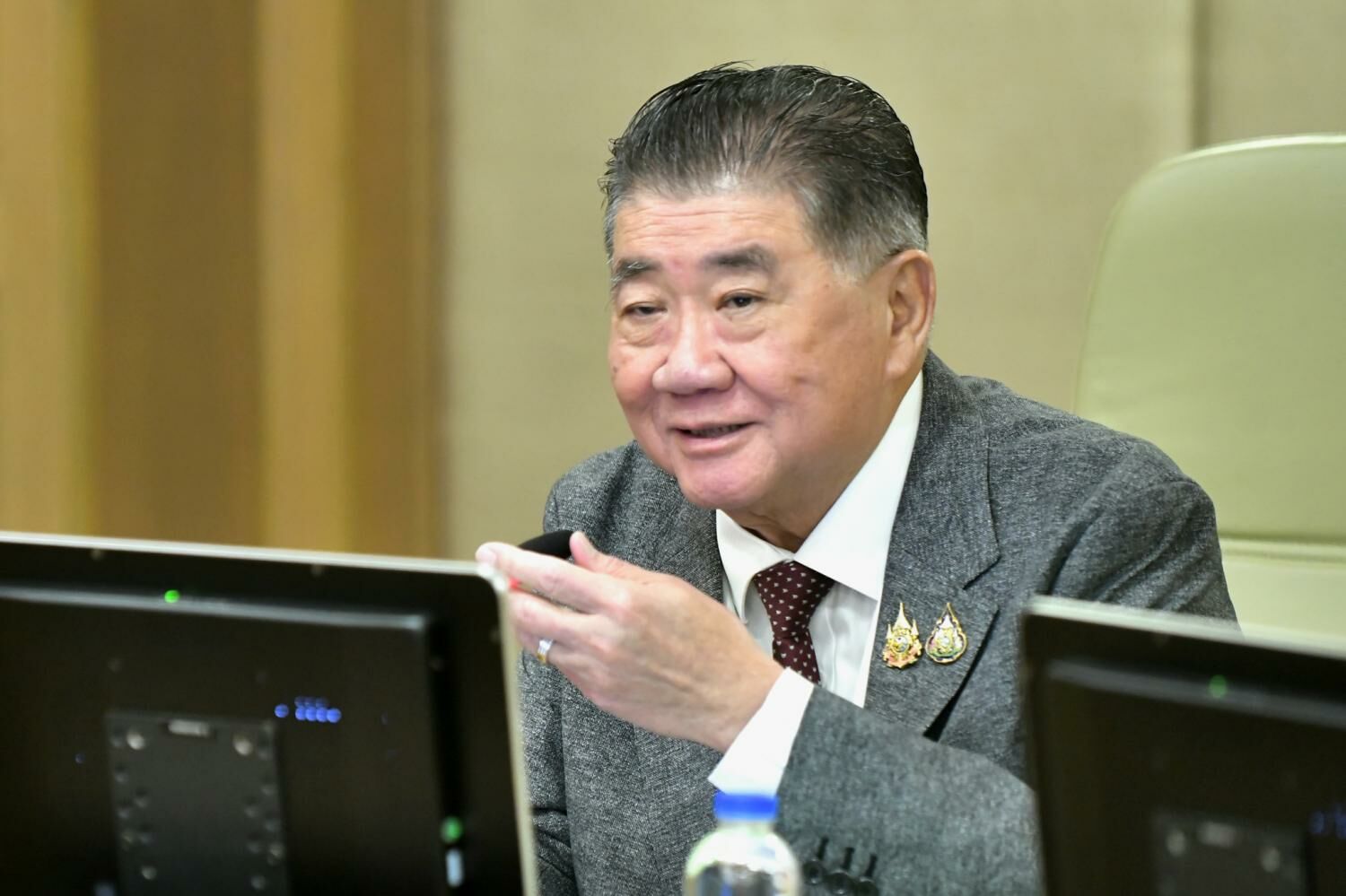Thailand’s bold ‘3 Cuts’ plan cripples border call centres
Crippled networks flee border hotspots as Thai pressure exposes the dark underbelly of cybercrime empires

Criminal call centres in Myanmar are running out of juice thanks to Thailand’s tough new crackdown strategy.
Three months after launching its “3 Cuts” campaign, the Thai government claims a major victory against cybercrime networks exploiting the border. The operation began on February 5 and aimed to sever the power supply, fuel delivery, and Internet access to five notorious scam hubs across the Thai-Myanmar border.
“These measures have disrupted the infrastructure sustaining these criminal networks,” said Deputy Prime Minister and Defence Minister Phumtham Wechayachai yesterday, May 8. “The pressure has forced many of these operations to relocate or shut down entirely.”

Targeted sites include Myawaddy and Tachileik in Shan State: key hotspots across from Mae Sot and Mae Sai. Phumtham reported that call centre activity has significantly declined in these zones, which were previously teeming with illicit operations.
The crackdown forms part of the wider “Seal, Stop, Save” campaign, which also targets human and drug trafficking rings. Police claim a 60% rise in arrests and prosecutions since the initiative began.
Despite the success, officials admit the strategy hasn’t been easy to replicate elsewhere. Talks with neighbouring countries like Cambodia and Laos are proving complicated, as Thailand seeks to curb crime without stifling cross-border trade.
“Some business operators have voiced concerns about export disruptions,” Phumtham said. “But only a small number of traders have been affected, mainly where informal crossing points, often exploited by traffickers, have been sealed. Formal trade remains unaffected.”
Meanwhile, the policy’s human cost is still being addressed. Many call centre workers, lured under false promises, remain stranded or detained. Repatriation efforts, particularly for victims from Africa and Latin America, continue to face diplomatic hurdles, Bangkok Post reported.
Foreign Affairs Minister Maris Sangiampongsa confirmed that Ethiopia has repatriated the first group of 282 victims trafficked into scam operations in Myanmar. Another 469 are expected to follow.
“This cooperation reflects growing international resolve to address the root causes of human trafficking and cybercrime,” Maris said, following discussions with Ethiopian Foreign Minister Gedion Timothewos during a BRICS meeting in Brazil.
In March, just one month after the crackdown began, cybercrime reports dropped by 20% from 31,159 cases in January, offering a promising sign that the pressure is working.
Latest Thailand News
Follow The Thaiger on Google News:


























